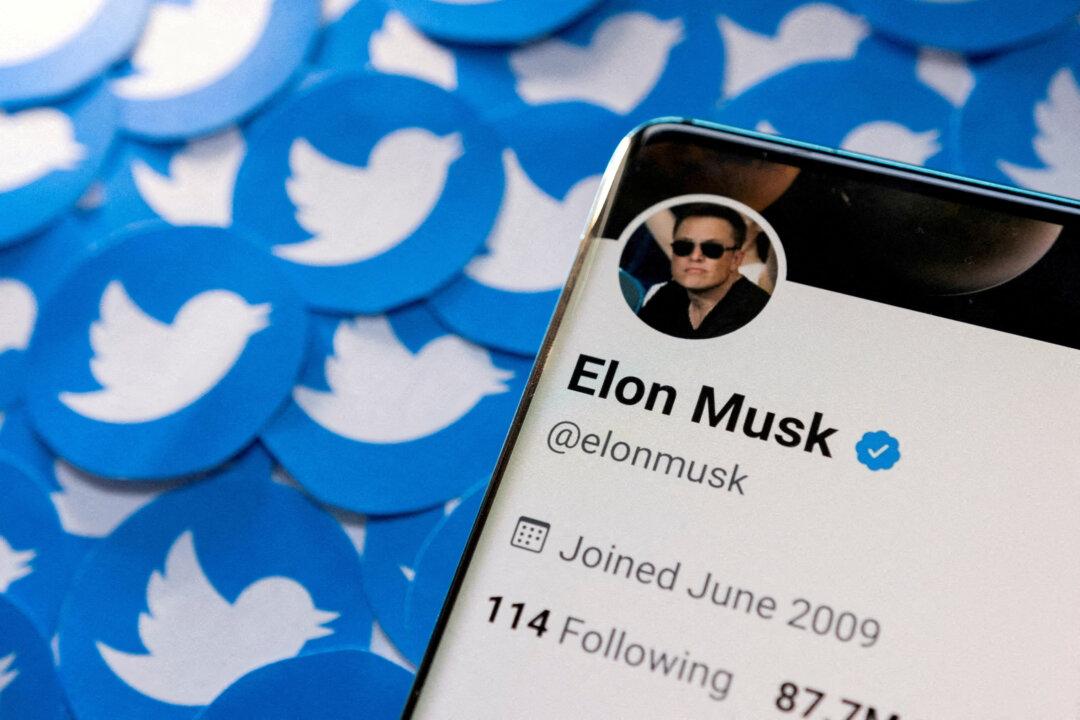Cosette, a Quebec-based marketing agency that officially purchases advertising for the federal government, has reportedly advised the feds to pause media buying on Twitter, citing mass layoffs and public relations concerns, after the social media platform was purchased by Elon Musk.
According to an internal document sent from Cosette and reported on by CBC News, the firm advised on Nov. 4 that the feds should “pause activity immediately and monitor the situation over the weekend,” citing “unknown continuity plans for moderation,” and “heightened risk of brand safety.”





